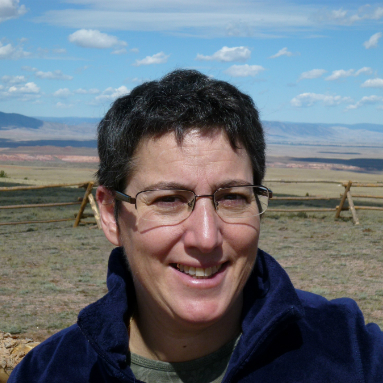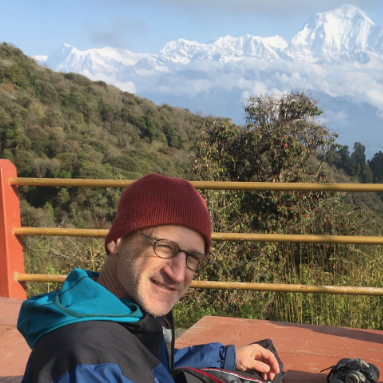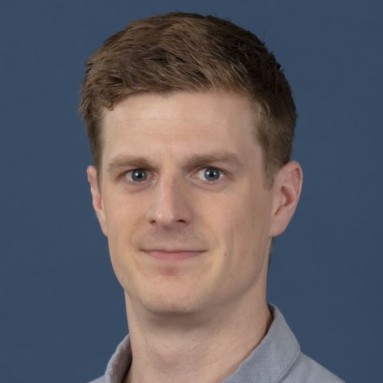After suffering drastic impacts from recent hurricanes such as Irma, Maria, and Fiona, US Caribbean archipelagoes urgently need to make their communities more resilient to extreme weather events, rebuild their infrastructure, and create actionable plans and policies to better adapt to climate change and its effects, including extreme rainfall, extreme heat, drought, landslides, and coastal and river flooding.
A team of researchers from The Global School at Worcester Polytechnic Institute has been awarded funding to co-create a Caribbean Climate Adaptation Network (CCAN). The five-year, $6 million project is sponsored by the recently renamed Climate Adaptation Partnerships (CAP) program at the National Oceanic and Atmospheric Administration (NOAA), with WPI receiving $675,000 in funding. The Graduate School of Public Health at the University of Puerto Rico-Medical Sciences Campus is the lead institution for CCAN, with other researchers from nine academic institutions across the continental United States, Puerto Rico, and the US Territories of the Virgin Islands (USVI).
CAP’s national objectives are closely aligned with those of WPI—specifically to create networks of people working together to support “collaborative research relationships that help communities build lasting and equitable climate resilience” within social contexts. "The CAP program advances NOAA’s goal of creating an equitable climate ready nation by working closely with decision makers and frontline communities,” according to Wayne Higgins, director of NOAA’s Climate Program Office.
Building on the WPI Global Projects Program’s long experience in community-based learning, with over 30 years at the Puerto Rico Project Center in San Juan, the goal of CCAN is to foster knowledge sharing for more sustainable and equitable strategies for climate-action and community empowerment throughout Puerto Rico and the USVI.
There are five WPI researchers involved in the project: Dean of The Global School Mimi Sheller, Professor Sarah Strauss, Associate Professor Seth Tuler, Assistant Professor of Teaching John-Michael Davis, and Professor Emeritus Scott Jiusto.
WPI students, both graduate and undergraduate, will be integral to advancing CCAN’s research. As co-director of the Master’s in Community Climate Adaptation (CCA) at WPI, Strauss will connect graduate student projects with the Puerto Rico Project Center and CCAN’s overall program objectives. Solange Uwera, a Fulbright Scholar from Rwanda and a new graduate student in CCA, is starting a project in Puerto Rico in January, and a postdoctoral researcher will also be hired in 2023. Tuler and Sheller, with the postdoctoral researcher, will work with the CCAN leadership team, regional agencies, and community organizations to implement a process to support how decisions are made about climate risk management and adaptation.
At the undergraduate level, some of the students doing their Interactive Qualifying Project (IQP) at the WPI Puerto Rico Project Center will be able to support the research. Davis and Jiusto, who are co-directors of the Puerto Rico Project Center, will recruit and advise the undergraduate IQP teams working in Puerto Rico, as well as organize projects where WPI students, faculty, and members of the local community can collaborate. These students will work with local non-profit and community-based organizations in a variety of ways, including contributing to the planning for climate change scenarios, creating community-based monitoring systems, and participating in and developing citizen science programs. For example, a potential project focuses on developing a community-based flood detection system that would help with understanding and predicting the risk of flooding.







